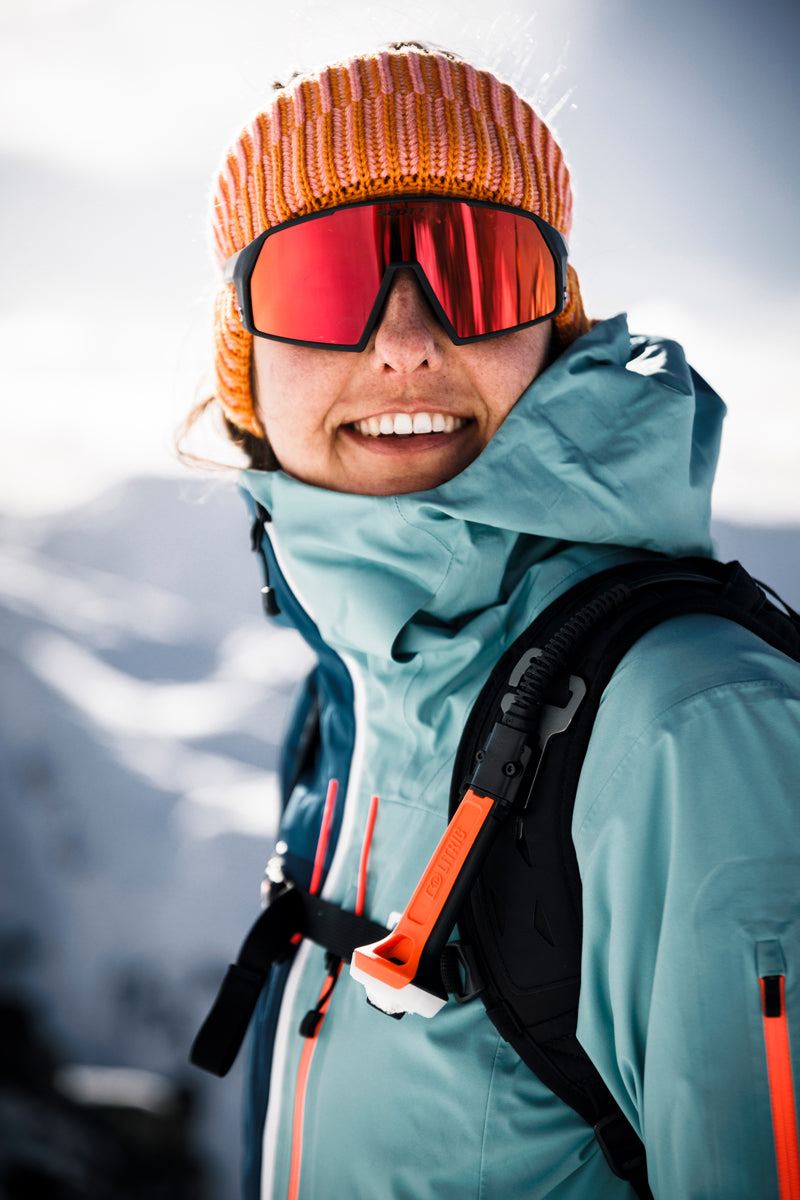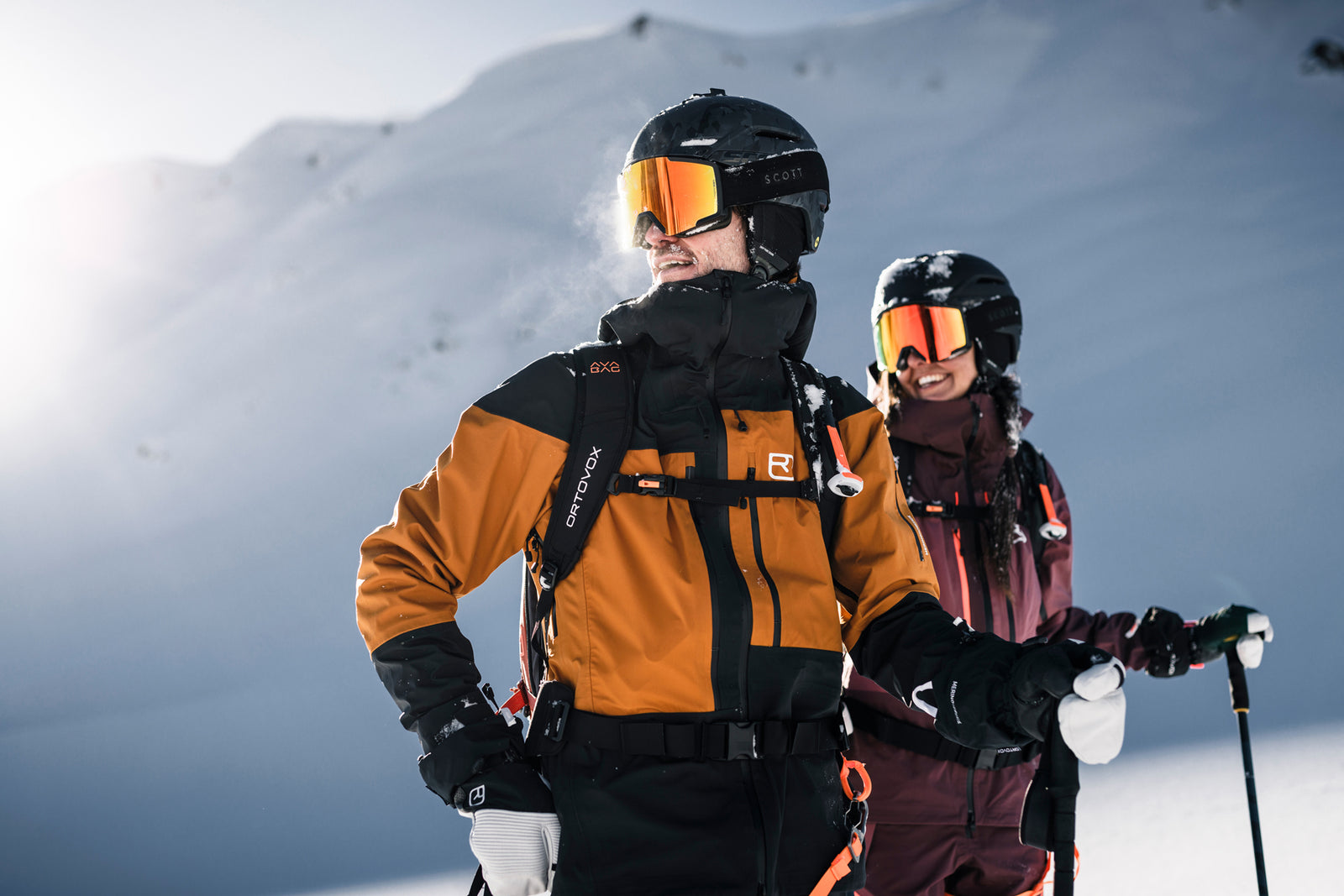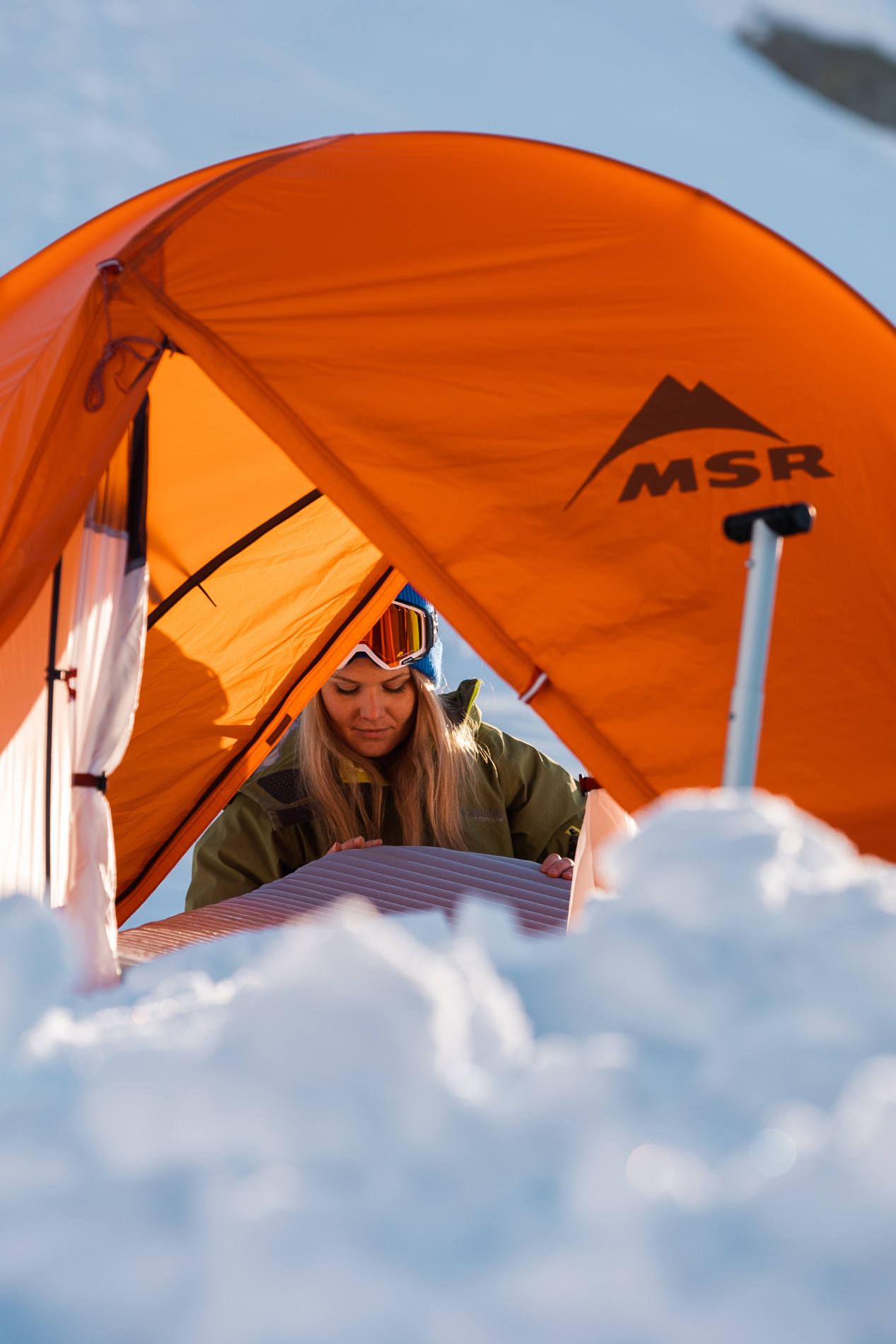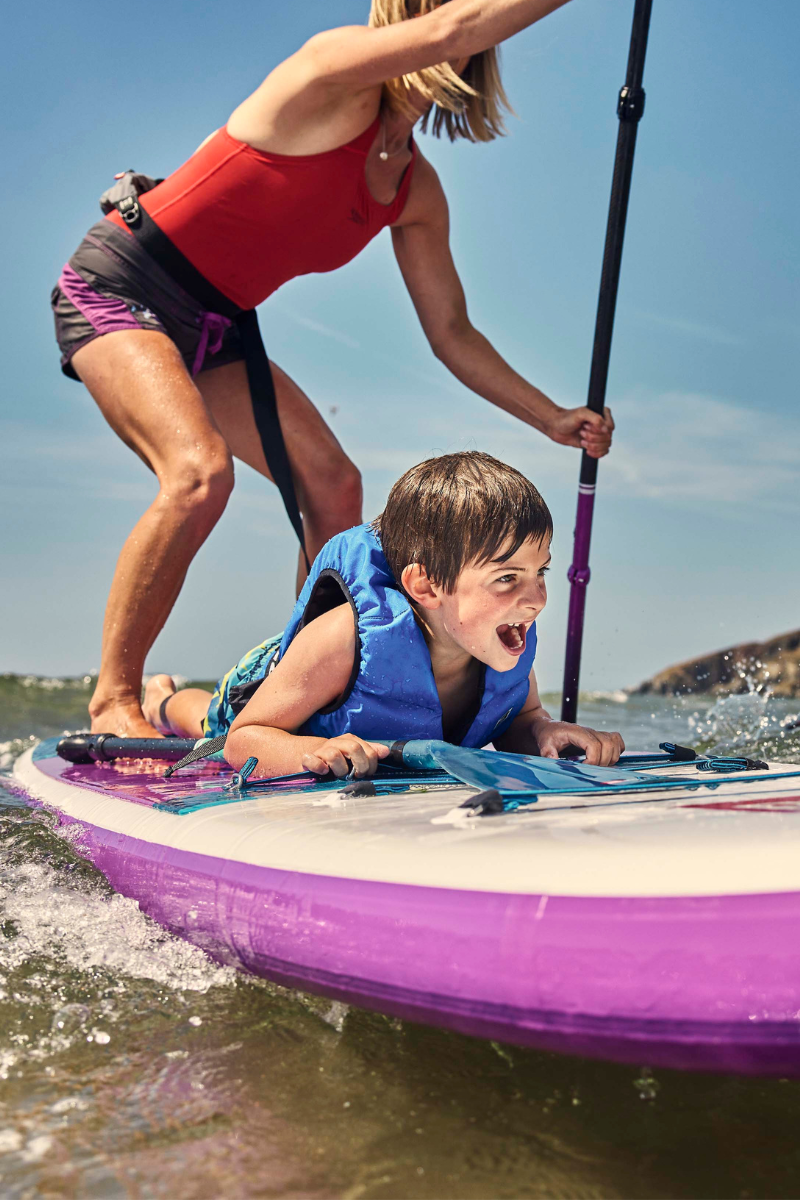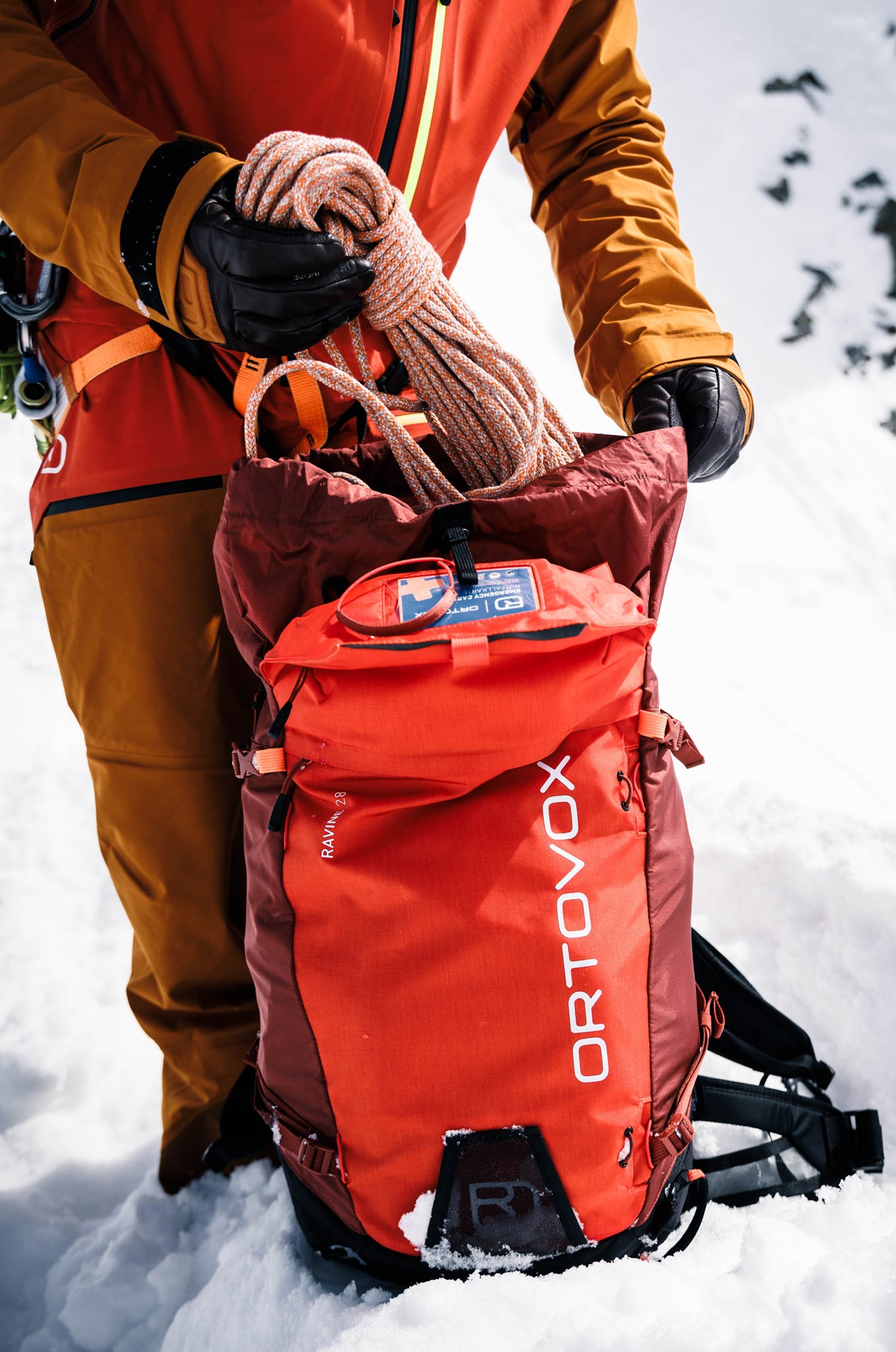Explanation of Backpacking Tents
Backpacking tents are specialized shelters that are designed for use during backcountry camping trips. They are typically lightweight, compact, and easy to carry, making them ideal for hikers, backpackers, and other outdoor enthusiasts who want to explore remote areas without sacrificing comfort and safety.
Importance of a Good Backpacking Tent
A good backpacking tent is essential for any backcountry camping trip, as it provides protection from the elements and a safe and comfortable place to rest. A reliable backpacking tent can help you stay warm and dry in inclement weather, while also protecting you from insects and other wildlife. Additionally, a good backpacking tent is lightweight and easy to carry, making it a practical and convenient addition to any backpacking or hiking gear collection.
Brief Overview of the Article Content
In this article, we will explore some of the best backpacking tents on the market and provide tips for choosing the right backpacking tent for your needs. We will cover key factors to consider when buying a backpacking tent, including size and weight, material and durability, ventilation and condensation, ease of setup and takedown, and cost. By the end of this article, you will have a better understanding of what to look for in a backpacking tent and which tents are the best options for your next backcountry camping trip.
What to Consider When Buying a Backpacking Tent
Do You Need a Special Tent for Backpacking?
How Heavy Should a Tent be for Backpacking?
What is the Best 2-Man Hiking Tent?
Are Tents or Hammocks Better for Backpacking?
Should I Get a One or Two Person Backpacking Tent?
Why Are Backpacking Tents So Expensive?
Top-Rated Backpacking Tents

What to Consider When Buying a Backpacking Tent
Size and WeightOne of the most important factors to consider when buying a backpacking tent is size and weight. You want a tent that is spacious enough to accommodate you and your gear, but also lightweight and compact enough to carry on your backpack without adding too much extra weight. Generally, a two-person tent should weigh no more than 2.7-3kg.
Material and DurabilityAnother important consideration when choosing a backpacking tent is the material and durability. Look for tents that are made from high-quality materials like ripstop nylon or polyester, which are both durable and lightweight. Additionally, make sure the tent features sturdy tent stakes and guy lines, which are essential for keeping the tent anchored in windy conditions.
Ventilation and CondensationA good backpacking tent should also provide adequate ventilation to prevent condensation buildup inside the tent. Look for tents with mesh windows and doors that allow for ample airflow, as well as vents at the top of the tent to promote air circulation. Additionally, make sure the rainfly is waterproof and easy to attach and remove to help prevent condensation buildup.
Ease of Setup and TakedownWhen you're out on the trail, you don't want to spend hours setting up and taking down your tent. Look for backpacking tents that are easy to set up and take down, with intuitive designs and color-coded poles and straps that make assembly a breeze.
CostFinally, consider the cost of the backpacking tent. While you don't necessarily need to spend a fortune on a high-quality backpacking tent, you do want to invest in a reliable and durable tent that will last for many camping trips to come. Look for tents that offer a good balance of features, quality, and affordability to get the best value for your money.
In the next section, we'll explore whether or not you need a special tent for backpacking, and the advantages of backpacking tents over camping shelters.

Do You Need a Special Tent for Backpacking?
When it comes to backpacking, one question that often arises is whether a specialized backpacking tent is necessary or if a regular camping shelter will suffice. While camping shelters can be cheaper and more versatile, backpacking tents offer several advantages that make them a better choice for backcountry camping.
Comparison between Backpacking Tents and Camping SheltersCamping shelters, such as family tents, are designed for car camping and are not suitable for backpacking. They tend to be heavy, bulky, and difficult to carry, making them unsuitable for the rugged terrain and long distances of backpacking.
On the other hand, backpacking tents are specifically designed for backcountry camping, with features such as lightweight materials, compact size, and easy setup that make them ideal for hiking and trekking.
Advantages of Backpacking Tents for Backcountry CampingOne of the main advantages of backpacking tents is their compact and lightweight design. They are made with ultralight materials such as silicone-coated nylon and aluminum poles, which make them easy to carry on your back.
Backpacking tents are also designed with a low profile, which reduces wind resistance and improves stability in windy conditions. This feature is essential when camping at high altitudes or in exposed areas where strong winds are common.
Why a Specialized Backpacking Tent is Necessary for BackpackingA specialized backpacking tent is necessary for several reasons. Firstly, they are designed to withstand the rigors of backcountry camping, such as rain, wind, and rough terrain. They are made with durable materials and are designed to last for many years of use.
Secondly, backpacking tents are easy to set up and take down, which is essential when camping in remote areas with limited time and resources. They can be set up quickly, allowing you to get a good night's sleep and be ready to hit the trail early in the morning.

How Heavy Should a Tent be for Backpacking?
When it comes to backpacking, every ounce counts. The weight of your gear can have a significant impact on your overall comfort and endurance on the trail. Therefore, it's essential to choose a backpacking tent that is lightweight and easy to carry.
Importance of Lightweight Gear for BackpackingBackpacking is all about covering long distances while carrying all your gear on your back. The heavier your gear, the more difficult and tiring the hike will be. Therefore, it's important to invest in lightweight gear, including a lightweight backpacking tent.
Recommended Weight Range for Backpacking TentsThe weight of a backpacking tent can vary significantly depending on the size, features, and materials used. However, a good rule of thumb is to look for a tent that weighs no more than 1.3-1.8 kg per person. For example, a two-person tent should weigh no more than 2.7-8kg.
Factors to Consider When Choosing the Weight of Your Backpacking TentWhen choosing the weight of your backpacking tent, it's important to consider factors such as the length of your trip, the terrain you'll be hiking, and your personal preferences. If you're planning a long backpacking trip, you'll want a lightweight tent that won't weigh you down. If you're hiking in rugged terrain with steep inclines, you may want a slightly heavier tent with a more stable design.
In conclusion, choosing the right backpacking tent is essential for a successful backcountry camping trip. Consider factors such as size and weight, material and durability, ventilation and condensation, ease of setup and takedown, and cost when making your decision. Remember, a good backpacking tent is an investment that will last you for many years of backcountry camping.

What is the Best 2-Man Hiking Tent?
When it comes to choosing the best backpacking tent for your next adventure, a 2-man tent is a great option for solo hikers or couples who want a little extra space. Here are some of the top-rated 2-man backpacking tents on the market:
- MSR Hubba Hubba NX: This award-winning tent is a top choice for backpackers due to its lightweight design, durable materials, and spacious interior. It features two doors for easy access, a rainfly for protection from the elements, and excellent ventilation to reduce condensation.
Are Tents or Hammocks Better for Backpacking?
When it comes to choosing between a tent and a hammock for your next backpacking trip, there are pros and cons to both options. Here are some things to consider:
Tents:
- Advantages: Tents provide a more enclosed and protected sleeping environment, with greater protection from the elements and insects. They also offer more storage space for gear.
- Disadvantages: Tents can be heavier and bulkier to pack than hammocks, and may require more time and effort to set up and take down.
Hammocks:
- Advantages: Hammocks are lightweight and compact, making them ideal for backpackers who prioritize weight and space. They are also easy to set up and provide a comfortable, suspended sleeping experience.
- Disadvantages: Hammocks offer less protection from the elements and insects than tents, and may not be suitable for all terrain or weather conditions.
When choosing between a tent and a hammock for backpacking, consider factors such as your personal preferences, the terrain and weather conditions you will encounter, and the length and duration of your trip. Ultimately, the best option will depend on your individual needs and priorities.

Should I Get a One or Two Person Backpacking Tent?
When it comes to choosing between a one-person and a two-person backpacking tent, there are several factors to consider. Here are some pros and cons of each option:
Pros and Cons of One Person Backpacking TentsPros:
- Lightweight and compact, making them easy to carry
- Less expensive than two person tents
- Easy to set up and take down
- Ideal for solo backpackers who prioritize solitude and independence
Cons:
- Limited interior space for gear storage and personal belongings
- No room for a hiking partner or a furry friend
- Can feel claustrophobic for some individuals
Pros:
- Offer more space for gear storage and personal belongings
- Can accommodate two people, a hiking partner or a furry friend
- Often have more headroom and interior space
- Provide a sense of security and companionship during backcountry camping trips
Cons:
- Heavier and bulkier than one person tents, which can be a burden for some backpackers
- More expensive than one person tents
- More challenging to set up and take down, especially in windy or rainy conditions
When choosing between a one person and a two person backpacking tent, consider the length of your backpacking trip, your budget, your comfort preferences, and your hiking partner's needs. If you are a solo backpacker who prefers a lightweight and compact shelter, a one person tent is a great choice. However, if you plan to hike with a friend, a partner, or a furry companion, a two person tent provides more space and comfort.

Why Are Backpacking Tents So Expensive?
Backpacking tents can be expensive, and the price often reflects the quality and features of the tent. Here are some factors that contribute to the cost of backpacking tents:
High-Quality MaterialsBackpacking tents are made of high-quality, lightweight, and durable materials such as ripstop nylon, silicone, and aluminum. These materials are often more expensive than those used in regular camping tents.
Design and InnovationBackpacking tents are designed to be lightweight, compact, and weather-resistant, which requires innovative designs and engineering. Tent manufacturers invest in research and development to create new technologies that improve the performance of their tents.
Brand ReputationWell-known and respected brands such as MSR and Mountain Hardwear invest in producing award-winning, durable, and reliable backpacking tents, which can come at a premium cost.
Ultralight MaterialsUltralight backpacking tents use the lightest and most advanced materials available, such as Dyneema fabric and carbon fiber poles, which can significantly increase the cost of the tent.
While expensive backpacking tents may seem like an unnecessary splurge, investing in a high-quality tent can ensure your safety and comfort during backcountry camping trips. However, if you are on a tight budget, there are affordable backpacking tents available on the market that offer great features and performance without breaking the bank.

Top-Rated Backpacking Tents
Now that we've discussed the important factors to consider when buying a backpacking tent, let's take a look at some of the top-rated options available on the market today. These backpacking tents are durable, reliable, and lightweight, making them perfect for your next backcountry camping adventure.
MSR Hubba Hubba NX 2-Person Backpacking TentThe MSR Hubba Hubba NX 2-Person Backpacking Tent is an award-winning tent that has been a favorite of backpackers for years. It's a lightweight, freestanding tent that is easy to set up and take down. The tent has two doors and vestibules, allowing for easy access and plenty of storage space. The tent is also incredibly durable, made with high-quality materials that can withstand harsh weather conditions.
MSR Elixir Tents 2-Person Backpacking TentThe Mountain MSR Elixir Tents are three-season tents that are lightweight and easy to set up. They feature a freestanding design and color-coded poles that make assembly a breeze, even for beginners. They also have a durable rainfly that provides excellent weather protection and a spacious interior that can accommodate up to three people.

Conclusion
When it comes to backpacking, having a good backpacking tent is crucial. It's important to consider factors like size, weight, material, ventilation, and cost when choosing a backpacking tent. Additionally, specialized backpacking tents are necessary for backcountry camping, as they are designed to be lightweight, durable, and reliable.
Ultimately, the best backpacking tent for you will depend on your individual needs and preferences. Consider factors like size, weight, and features when choosing a backpacking tent, and make sure to choose a high-quality option from a trusted brand like MSR or Mountain Hardwear. With the right backpacking tent, you'll be well on your way to a successful and enjoyable backcountry camping experience.


